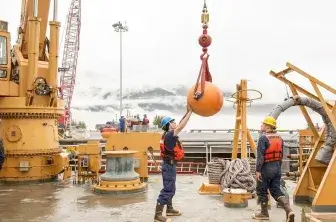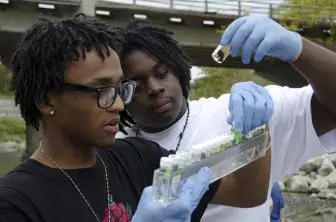Case study
Universities and disaster response: Reducing vulnerabilities through collaboration

Universities are an important source of new research and workforce development. Collaborations between universities and response teams for climate disasters can be beneficial not only for the university’s expertise in research, data analysis and modelling capabilities, but for building community trust, growing a climate workforce, creating an interdisciplinary response to the climate challenge, and sharing local resources and infrastructure.
Universities and government agencies have both seen the benefit of these collaborations and have invested more into their development in recent years. Projects like the Deep-C consortium have involved universities in researching the effects of climate disasters and accidents, including the Deepwater Horizon oil spill.iThis effort created insight into the impact of oil spills on ecosystems, carbon cycling and sediment dynamics, as well as building interdisciplinary collaborations.
The Midwest Climate Collaborative (MCC) is a collaboration between universities, cities, non-profits, and government agencies to facilitate cross-sector responses to the climate crisis.iiIn addition to educator training and youth mentorship, MCC maintains a research agenda that focuses on areas of the Midwest that are most at risk for climate impacts and develops plans to preempt or manage these impacts. Representatives from large cities such as Carmel, Indiana or Columbus, Ohio, can partner with universities to discover key vulnerabilities and work to develop climate action plans. MCC also curates a list of climate assets and databases to help connect the public with meaningful climate data.



